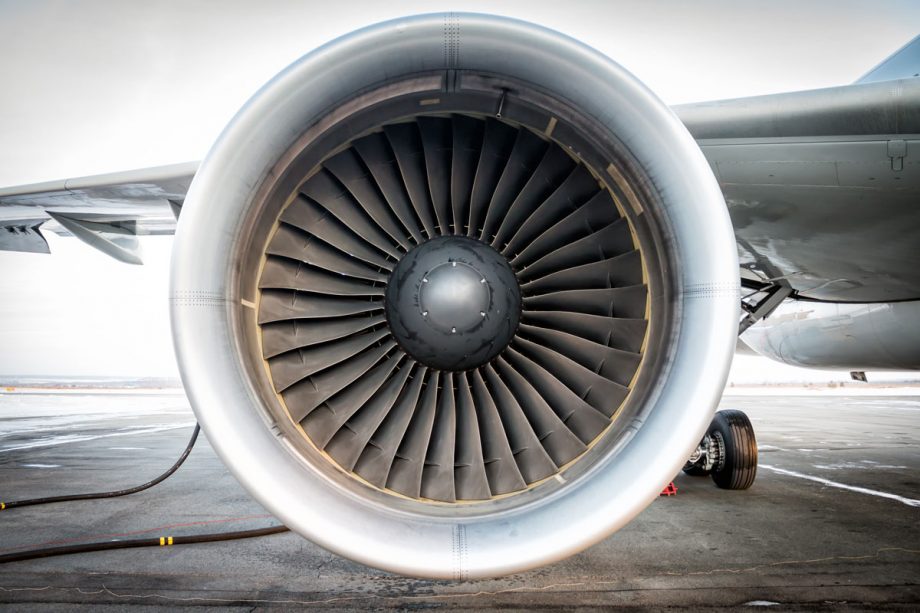Did you ever think you'd live to see the day planes would make as much noise as hairdryers?
You may be in luck.
Scientists at the University of Bath have just created the lightest sound insulation ever manufactured.
The outrageously light new material can reduce aircraft engine noise and improve passenger comfort.
The material – graphene oxide-polyvinyl alcohol aerogel – weighs just 2.1kg per cubic metre. It's the lightest sound insulation ever made.
It could be used as insulation within aircraft engines to reduce noise by up to 16 decibels, Science Daily reports.
This would reduce the 105-decibel roar of a jet engine taking off to a sound closer to that of a hair-dryer, researchers claim.
"The aerogel's meringue-like structure makes it extremely light, meaning it could act as an insulator within aircraft engine nacelles, with almost no increase in overall weight," the scientists say.
"The material is currently being further optimised by the research team to offer improved heat dissipation, offering benefits to fuel efficiency and safety."
Researchers from Bath's Materials and Structures Centre (MAST) published the study (and their method for creating the material) in the journal Nature Scientific Reports.
Lead researcher Professor Michele Meo said there could be applications beyond just commercial flight: "This is clearly a very exciting material that could be applied in a number of ways – initially in aerospace but potentially in many other fields such as automotive and marine transport, as well as in building and construction."
"We managed to produce such an extremely low density by using a liquid combination of graphene oxide and a polymer, which are formed with whipped air bubbles and freeze-casted."
"On a very basic level, the technique can be compared with whipping egg whites to create meringues – it's solid but contains a lot of air, so there is no weight or efficiency penalty to achieve big improvements in comfort and noise."
The team's initial focus, however, remains in testing the material as a sound insulator in aeroplane engines. They think it could also be used to create panels in helicopters, or car engines, and believe that the aerogel could be in use within 18 months.
Just in time for COVID-19 to buzz off and for global travel to get back to normal? Here's hoping.
Read Next
- New Invention Could Change Economy Travel Forever
- This 'Germ Repellent' Business Class Suite Could Be An Industry Game Changer
Subscribe to the DMARGE newsletter
Follow DMARGE on Instagram
Follow DMARGE on Facebook
The post Scientists Develop Impressive New Technology To Make Aircraft Engines 80% Quieter appeared first on DMARGE.
from DMARGE https://ift.tt/3AGQKXY








0 comments:
Post a Comment